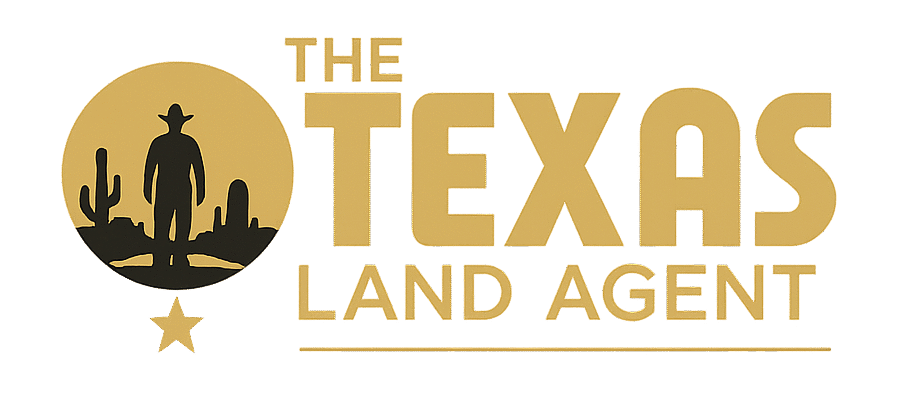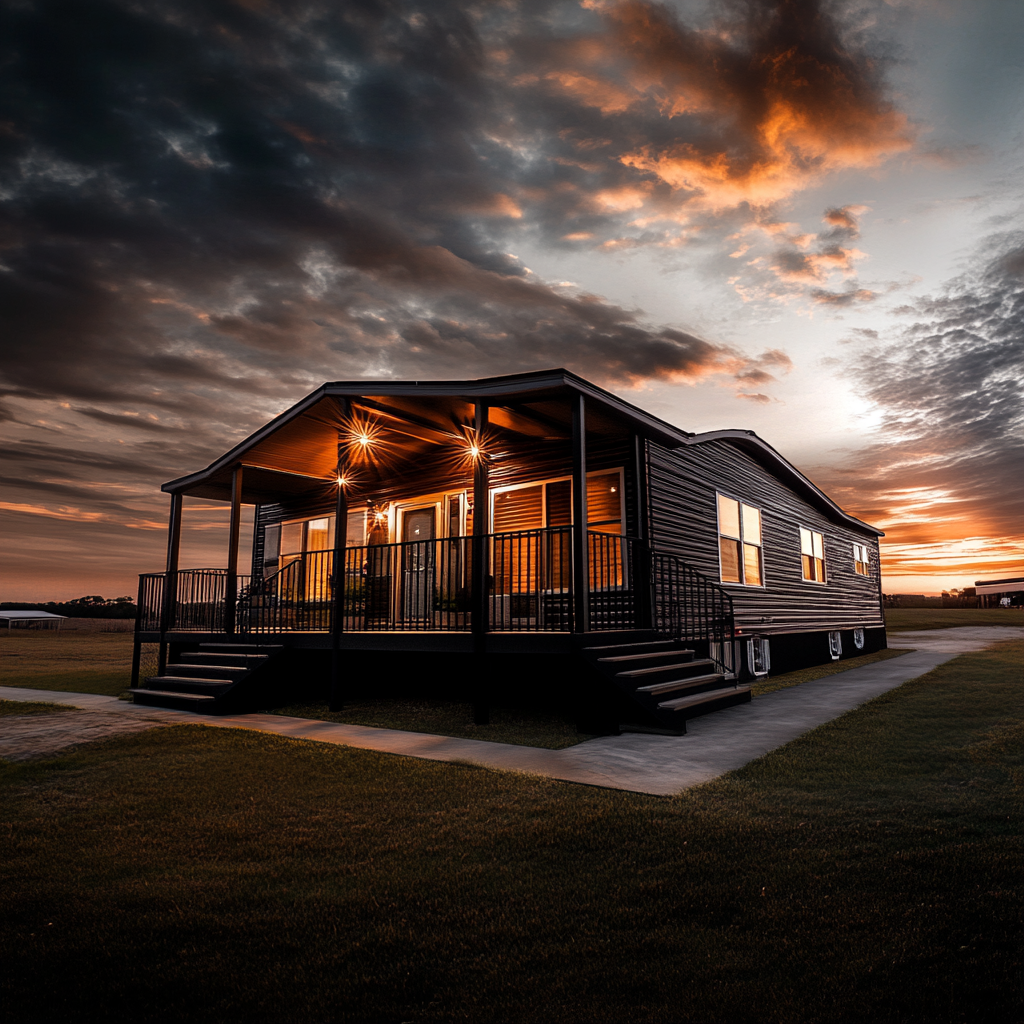What Is a Chattel Loan?
A chattel loan is a financing option used for personal property not real estate. In the world of manufactured homes, that means it’s used when the home is not permanently affixed to land or is located on a leased lot rather than land the owner owns.
What are chattel loans for manufactured homes:
- The home is financed, not the land beneath it.
- The loan is secured by the home alone.
- The home is titled similarly to a vehicle, not transferred with a deed like real property.
This makes it a distinct path from traditional real estate financing and one that both buyers and sellers need to understand clearly before entering a deal.
Why Choose a Chattel Loan?
Chattel loans are typically used when:
- The land is leased, such as in a mobile home park or rural rental property.
- The home is not permanently installed on a foundation.
- The home is still classified as personal property, not real estate.
- A buyer is purchasing just the manufactured home and not the land.
This kind of loan offers a streamlined option for those not looking to or not yet ready to convert the home to real property.
What’s New in 2025?
The manufactured housing landscape has evolved. In 2025, here are the key changes affecting chattel loans:
- Increased transparency: Borrowers now receive clearer breakdowns of loan terms, fees, and title status before closing.
- Expanded hybrid options: More lenders are offering loan packages that allow for separate financing of the home and land.
- Updated appraisal standards: Homes on leased land now face more detailed appraisals, particularly in competitive or rural markets.
These shifts offer better protection for borrowers and more flexibility for buyers planning to eventually purchase the land or convert the property to real estate.
How the Chattel Loan Process Works
Here’s a general flow of what to expect:
- Application: Buyer applies based on the home’s value, condition, and location.
- Inspection & Appraisal: Many lenders now require basic inspections and third-party valuations.
- Title Processing: The home remains titled as personal property; a deed is not involved.
- Loan Finalization: The lender secures a lien on the home (not the land).
- Closing: Funds are disbursed and title reflects the new ownership with a lienholder.
The key difference? The loan only covers the home, and the title is similar to that of a vehicle, not real estate.
Chattel Loan vs. Mortgage Loan: A Quick Comparison
| Feature | Chattel Loan | Mortgage Loan |
|---|---|---|
| Collateral | Home only | Home + land |
| Property Type | Personal property | Real property |
| Title Type | Title certificate | Deed recorded with county |
| Use Case | Home on leased land or movable | Home on owned land, affixed |
| Closing Process | Simpler, fewer steps | More steps and documentation |
| Appraisal Requirements | Focus on home value, sometimes site review | Home and land both appraised |
What Buyers Should Know
Before applying for a chattel loan, buyers should ask:
- Is the home currently classified as personal property?
- Is the land leased or owned?
- What documentation is required for the lender?
- What happens if I want to convert the home to real property later?
Being informed upfront helps buyers align their financing with their long-term plans … whether that’s staying in a leased park or eventually buying land.
What Sellers Should Know
If you’re selling a manufactured home that’s considered personal property:
- Be ready to provide the title, park lease information, and any loan documents if applicable.
- Understand that your buyer may not be using traditional mortgage financing.
- Consider whether converting the home to real property could improve the sale price and attract more buyer types.
Converting your home may open doors to a wider range of financing options, making the listing more competitive in today’s market.
Converting From Chattel to Real Property
Want to move from personal property to real estate? The process generally includes:
- Placing the home on a permanent foundation
- Filing a Statement of Ownership and Location (SOL) with your state housing agency
- Removing wheels, axles, and moving parts (if required)
- Ensuring the land and home have the same ownership
- Recording the conversion with your county clerk
Once completed, the home becomes part of the land and can now be financed, insured, and sold like traditional real estate.
Final Thoughts: Clarity = Confidence
Chattel loans remain a critical piece of the manufactured home market, especially in rural or leased-land scenarios. But they’re also evolving with better borrower protections, more flexible products, and clear paths to convert your home into real property when the time is right.
If you’re buying or selling a manufactured home and aren’t sure whether a chattel loan applies, it’s time to get clarity.
At North 40 Land Group, we help clients navigate the details: whether you’re looking to finance a home, sell one, or convert to real property. We understand the crossover between land and manufactured housing and can help you align financing with long-term value with our trusted partners in title and finance.
Let’s talk about your strategy—and what’s possible next.
Make certain to check out the article on Real or Personal Property!




